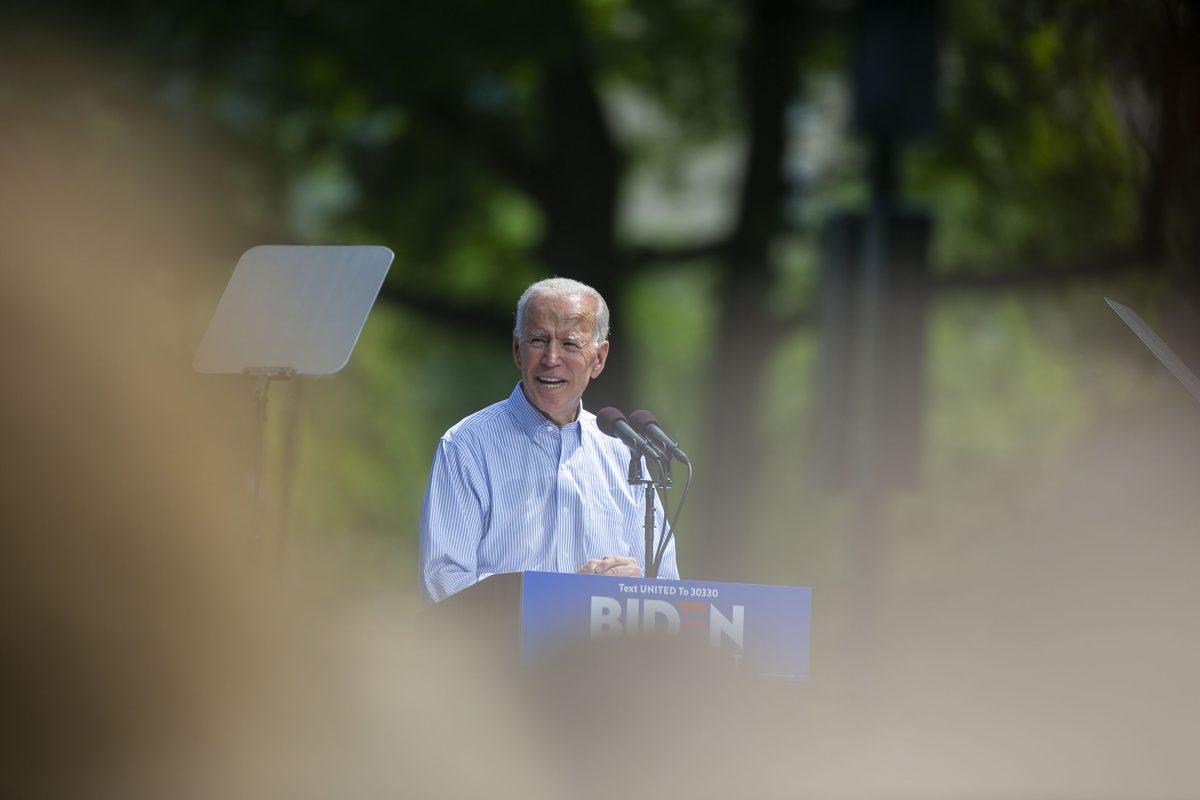Most Americans will likely agree that both the concept and execution of the Iowa caucus is odd and confusing. If it were up to the majority of us, the Iowa caucus wouldn’t even be a major event in our democratic election process — but the truth is that, for better or for worse, the caucus has an oversized impact on who will be able to run for president in November. Political-minded citizens, even in New Jersey, should be able to learn the outcome of the caucus.
So why, then, has it been so difficult to find out any actual results?
While any elections expert will be able to tell you that adding technology to a voting process will almost never improve democracy, this cycle’s caucus featured the use of apps as reporting devices. Of course, because America has a great track record of electronic voting security, those apps crashed. This has been the source of much of the delay.
To make matters somehow even more confusing, Democratic presidential candidate Pete Buttigieg received donations from, and also completed a transaction with, the app in question — made by a company called Shadow, Inc., no less. Adding to the chaos, Buttigieg declared on Twitter that he had won the caucus; “#MayorCheat” began trending on Twitter shortly thereafter.
Then, tech mogul Andrew Yang also claimed to have experienced “victory” following the caucus.
It’s unclear why either of these candidates would claim victory when results haven’t been reported. But intentional or not, Buttigieg and Yang are both guilty of spreading disinformation about the presidential election.
As individuals running for public office, one would hope that Buttigieg and Yang would learn how to temper their confidence to project an honest image. But since the bar for public officials seems to fall increasingly through the floor, all that’s left for the average American citizen is to hold ourselves accountable.
It is everyone’s duties to preserve our democracy by calling out disinformation where we see it, and to not spread it. Whenever we let any disinformation go unchecked, the first and most affected are those who are most vulnerable. This isn’t less true in politics, where the most well-connected in our society can afford to overhear falsehoods; those without the time or resources to devote to maintaining a strong political consciousness or fact-checking on their own will be more likely to be misled.
Imagine if Rowan’s four-time NJAC-winning swimming and diving teams had prematurely and publicly announced victory before results were called — but if they hadn’t actually won the conference. Many current students, prospective students, parents, faculty and members of the NJAC community at large would surely be confused. Now imagine if they prematurely announced victory, and the entire panel of judges were on Rowan’s staff. Surely, people would be asking questions about integrity of the competition as a whole.
At Rowan, we are lucky that our sports teams are truly winners, and that they are coached and led by honest individuals. But the stakes are raised considerably when the competition applies to who is potentially running the entire United States of America. Then, it’s no longer about sports. It’s about how a lot of people’s entire lives could change.
It is the responsibility of those who are able to combat disinformation to do so at all levels, especially electronically, when it can be so easily disseminated and distributed. The future of this country is our responsibility, and it’s up to us to know the facts and the facts alone.
For comments/questions about this story, email [email protected] or tweet @TheWhitOnline.
























































































































































!["Working with [Dr. Lynch] is always a learning experience for me. She is a treasure,” said Thomas. - Staff Writer / Kacie Scibilia](https://thewhitonline.com/wp-content/uploads/2025/04/choir-1-1200x694.jpg)










































